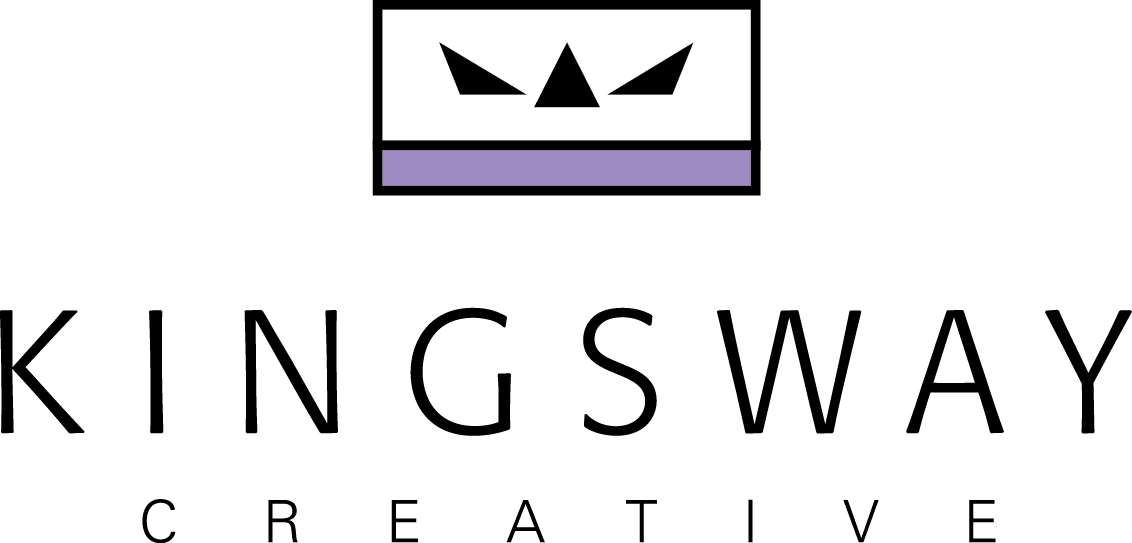“Challenges are what inspire solutions.”
SUPER VALUE
CHALLENGE: Roka Bioscience, a spinoff from an international molecular diagnostics company, was new to the food safety industry — but their Atlas System technology was proven to be superior to much of its competition in food pathogen detection. Roka needed to make a big splash in an industry entrenched in old technology that was costing companies millions in food contamination recalls. It was determined that empowering lab technicians with the ability to make a difference by adopting the Atlas System was the best way to launch themselves into a crowded food safety arena.
SOLUTION: Basing the campaign on their 3 main differentiators — speed, accuracy, and efficiency — the SuperTech image was conceptualized after extensive market research and focus group reviews. A multiple-ad campaign was created to support the strengths of being Super Accurate, Super Fast, and Super Efficient, eventually adding a fourth super hero to the group, Super Value. Trade show booths and activities were developed for the major industry shows complete with full-size SuperTech cutouts. Models were hired to walk the convention floor as SuperTechs to help build Roka’s awareness while the sales team was armed with a custom-designed lead retrieval app downloaded onto new tablets. This enabled reps to capture valuable grassroots insight while learning new ways to improve their services and products to customers. The campaign was hugely successful and quickly built recognition for Roka among its competitors as a worthy opponent. Roka went from nil to NASDAQ in 8 short years!
THE PCT ADVANTAGE
CHALLENGE: Fujirebio Diagnostics wanted to brand their new Procalcitonin (PCT) test as the ideal biomarker in a crowded bacterial infection diagnostics field. The challenge was to show how their PCT test run on their instrumentation was believed to be a better way to monitor certain infections because it provided laboratories an advantage over other existing tests — more information to enhance clinical decision making, which could ultimately lead to better patient outcomes.
SOLUTION: The PCT Advantage was developed to first build educational awareness around the PCT test — potentially determined to provide a better alternative when monitoring infected patients. The PCT test on their system was then revealed to provide additional advantages over other testing methods, highlighting the need for customers to hopefully adopt their instrumentation into their laboratory protocol. A brochure and detail aid were required and a sales incentive leave-behind was conceptualized to help healthcare providers make quick assessments during patient monitoring. The launch was supported with a direct mail campaign targeting specific healthcare professionals, and graphics were developed to adapt the PCT messaging to an existing trade show booth. A pre-show mailer, door drop, and eBlast delivered to potential attendees offered a free beverage from an onsite coffee barista and helped draw show-goers off the floor and onto their booth. Who doesn’t like the aroma of a fresh cup of java!
ATLAS ON TOUR
CHALLENGE: Potential customers needed the ability to preview Roka Bioscience’s sophisticated instrumentation. But bringing customers to their two locations at opposite ends of the country was costly, time consuming, and limiting. How was Roka going to get those prospects in front of a unit to demo their unique pathogen detection capabilities without breaking the bank? It was assessed that taking the instrument on the road to the customers would be far more cost-effective and efficient than bringing the customers to them.
SOLUTION: The Atlas on Tour (AOT) campaign turned into an integral part of the sales initiative for Roka. Outfitting a 40-foot custom-built conversion truck featuring an on-board demonstration room to showcase their Atlas System was only the beginning. An AOT identity was developed and branded graphics were designed for the vehicle, while trade journal advertising and sales literature helped promote the tour. With scheduled stops across the USA, the tour was supported by a micro website full of fun facts and tour progress reports. The tour vehicle also made appearances at industry trade shows with convention activities designed to draw potential customers into the demo room. It was later assessed that almost 75% of company sales were attributed directly to customers who first visited this mobile demo lab.

